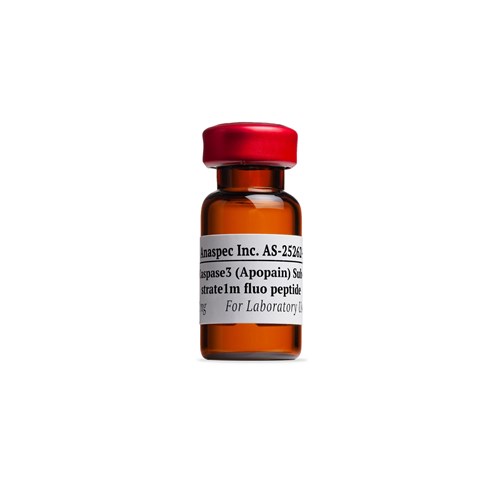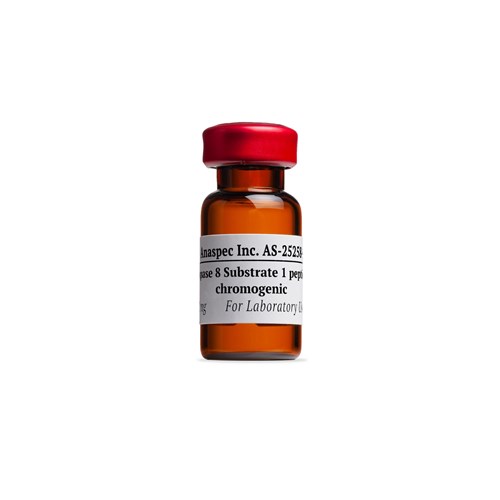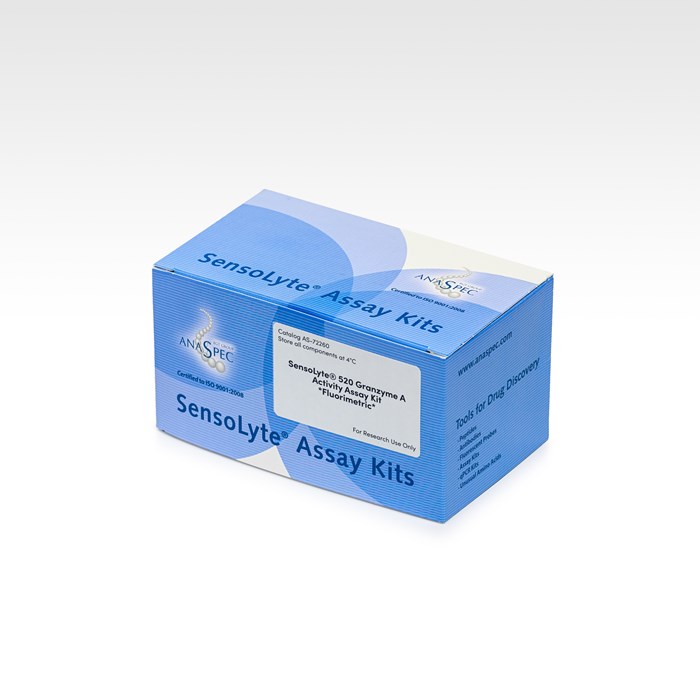SensoLyte® 520 Granzyme A Activity Assay Kit, Fluorimetric - 1 kit
- Cat.Number : AS-72260
- Manufacturer Ref. :
-
Availability :
In stock
- Shipping conditions : Ice fees will apply
Alternative choices
Granzymes are a family of structurally related serine proteases. They are stored within the cytotoxic granules of cytotoxic lymphocytes. Granzymes are known to induce target-cell apoptosis. They have the faculty to initiate cell death once entered the target cells (viral or tumor cells). Granzyme A and B are the most abundantly studied.
Granzyme A is the most abundant serine protease secreted by cytotoxic T lymphocytes (CTL) and natural killer (NK) cells. Granzyme A enters pathogen-containing and tumor cells by the perforin pathway and induces caspase-independent apoptosis. Thus, cells that are resistant to the caspases or Granzyme B (a chief apoptotic mediator) might be sensitive to Granzyme A. Recent studies showed that Granzyme A activates a novel programmed cell death pathway that begins in the mitochondrion. Granzyme A also targets several important nuclear proteins for degradation including histones and DNA damage repair proteins. Granzyme A has proinflammatory activity inducing certain cytokines secretion.
SensoLyte®520 Granzyme A Assay Kit provides a convenient assay for screening of enzyme inhibitors or for detecting the activity of enzyme using a novel internally quenched 5-FAM/QXL® FRET substrate. Upon cleavage by granzyme A, the FRET substrate will be separated into two fragments resulting in release of 5-FAM fluorescence which can be monitored at excitation /emission= 490 nm/520 nm. The long wavelength fluorescence of 5-FAM is less interfered by the autofluorescence of components in biological samples and test compounds. This kit can be used to detect the activity of Granzyme A enzyme in biological samples and purified enzyme preparations.
Specifications
| Packaging | |
| Kits components |
|
|---|---|
| Properties | |
| Absorbance (nm) |
|
| Emission (nm) |
|
| Storage & stability | |
| Storage Conditions |
|
| Activity | |
| Application | |
| Biomarker Target | |
| Detection Method | |
| Research Area | |
| Sub-category Research Area | |
| Usage |
|
Downloads
You may also be interested in the following product(s)



